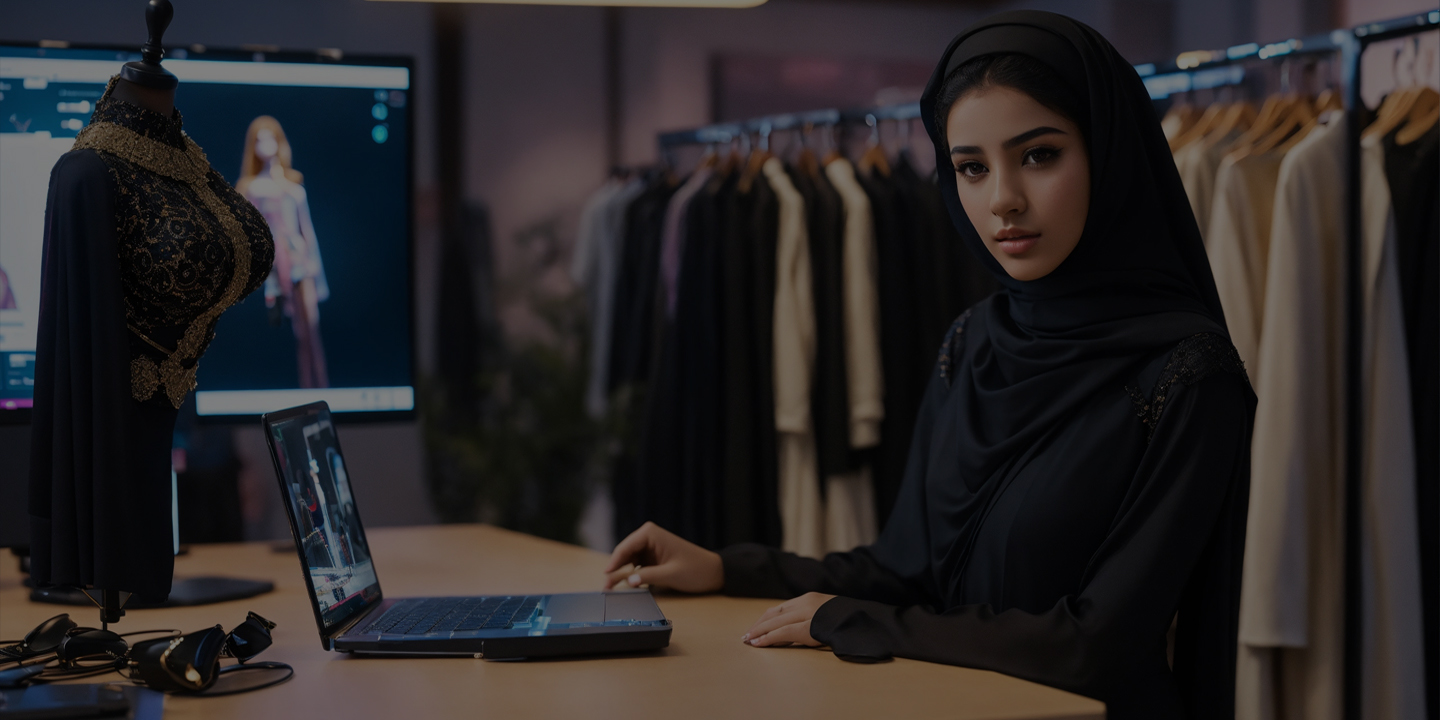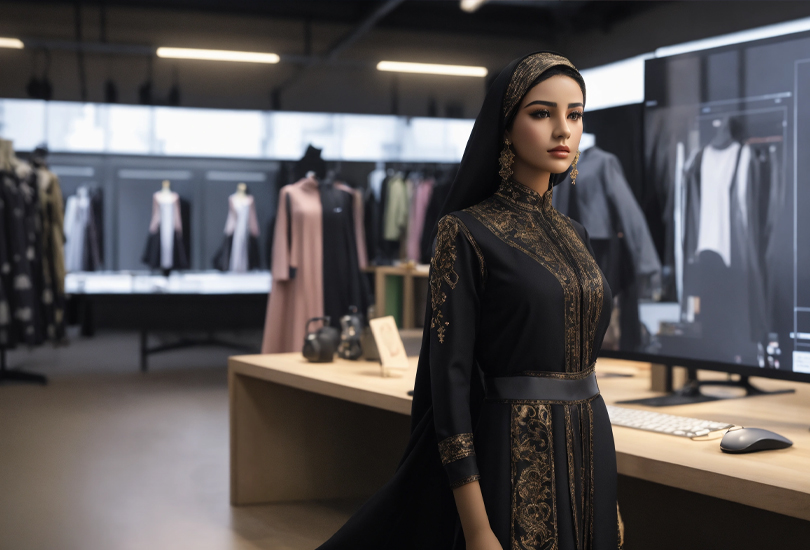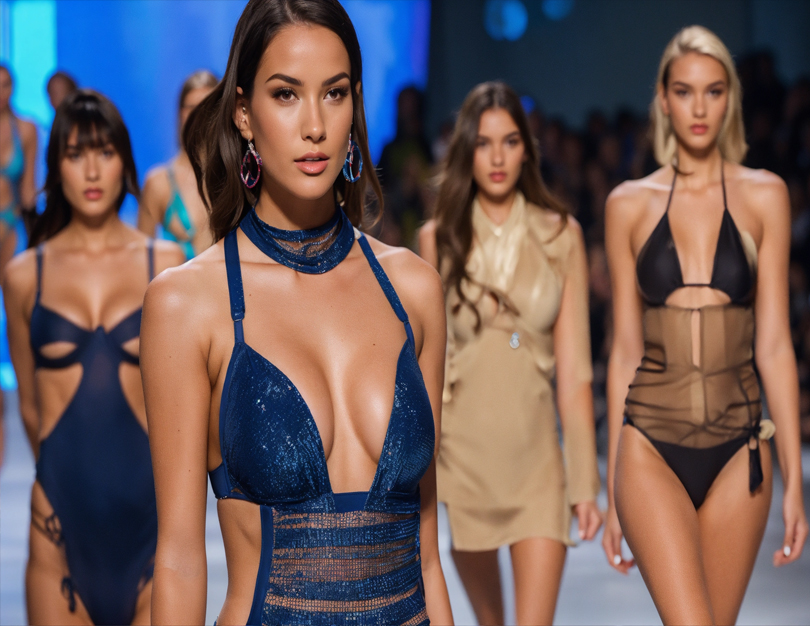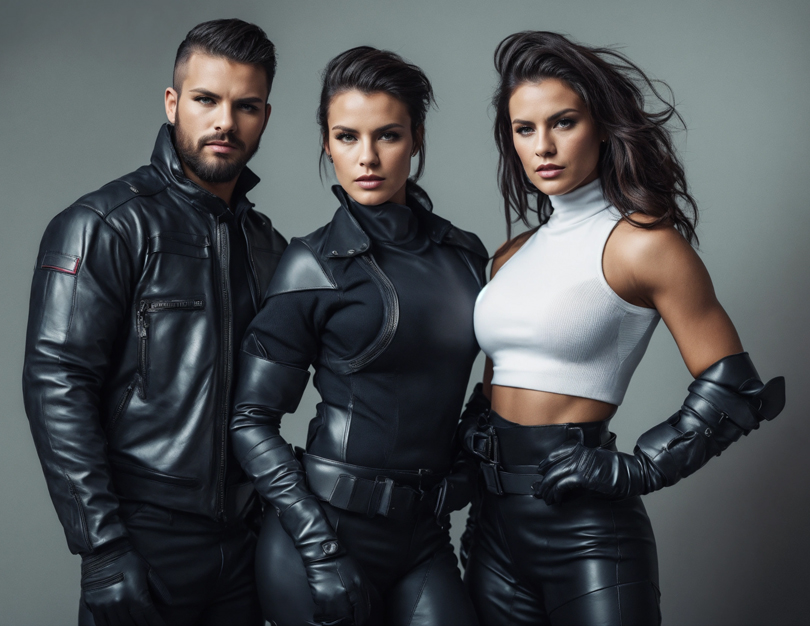
At 29 years old, my favorite compliment is being told that I look like my mom. Seeing myself in her image, like this daughter up top, makes me so proud of how far I’ve come, and so thankful for where I come from.
Fashion E-commerce, Website Development trends are not just fleeting fads but transformative movements reshaping the industry landscape.

Sustainability has emerged as a cornerstone of modern fashion e-commerce. With increasing awareness of environmental issues, consumers are seeking clothing that aligns with their values of sustainability and ethical production. This shift has prompted brands to adopt eco-friendly practices, from using organic materials and recycled fabrics to implementing transparent supply chains.
Case Study:Patagonia, known for its outdoor apparel, has set a benchmark for sustainability in fashion. The company prioritizes using recycled materials and fair labor practices, demonstrating a commitment to environmental stewardship while maintaining brand integrity.
The Power of AI: Personalization and EfficiencyArtificial Intelligence (AI) is revolutionizing the shopping experience by enhancing personalization and operational efficiency for fashion brands. AI algorithms analyze vast amounts of consumer data to offer personalized product recommendations, improving customer satisfaction and driving sales. Virtual try-on technologies powered by AI allow shoppers to visualize how garments fit and look before making a purchase, reducing returns and enhancing the overall shopping experience.
Case StudyStitch Fix utilizes AI to curate personalized clothing selections for its customers based on style preferences, fit, and budget. By harnessing machine learning algorithms, Stitch Fix optimizes inventory management and customer engagement, providing a seamless and customized shopping experience.
Social Commerce: From Inspiration to PurchaseSocial media platforms have evolved into dynamic marketplaces where fashion trends are born and products are sold. Influencers play a pivotal role in shaping consumer preferences and driving purchasing decisions through authentic endorsements and engaging content. Social commerce enables brands to connect directly with consumers, leveraging the power of influencer marketing to foster brand loyalty and increase sales.
Case Study
Fashion Nova's Social Media Success

E-commerce website Product Nova Fashion Fashion Nova has leveraged social commerce effectively by collaborating with influencers to promote its trendy and affordable clothing lines. Through strategic partnerships and engaging social media campaigns, Fashion Nova has built a loyal customer base and achieved significant growth in online sales.

AR and VR technologies are redefining how consumers interact with fashion online. Virtual fitting rooms allow shoppers to try on clothing virtually, experiencing how garments fit and look in real-time. These immersive technologies not only improve the accuracy of online purchases but also provide a novel and engaging shopping experience that bridges the gap between digital and physical retail environments.
Case Study: Warby Parker's Virtual Try-OnWarby Parker, known for its eyewear, integrates AR technology into its website to enable customers to try on glasses virtually. This innovative approach enhances customer confidence in making online purchases and reduces the hassle of returning ill-fitting products.
Direct-to-Consumer (D2C) Revolution: Disrupting Traditional RetailDirect-to-Consumer (D2C) brands are challenging traditional retail models by establishing direct relationships with consumers through online channels. By bypassing intermediaries, D2C brands offer unique products, competitive pricing, and personalized shopping experiences that resonate with modern consumers' preferences for convenience and authenticity.
Case Study: Everlane's Transparent Pricing and Ethical PracticesEverlane differentiates itself in the D2C space by emphasizing transparency in pricing and ethical manufacturing practices. The brand communicates openly with customers about its production processes and pricing strategies, building trust and loyalty among conscientious consumers.
Influencer Marketing: The Power of Digital InfluenceInfluencer marketing has become a cornerstone of fashion e-commerce, leveraging the reach and credibility of social media influencers to amplify brand messaging and drive sales. Collaborations between brands and influencers generate authentic content that resonates with target audiences, fostering community engagement and brand advocacy.
Closing Thoughts:Which trend resonates with you the most? How do you envision the future of fashion e-commerce? Share your thoughts and insights with us in the comments below! Let's continue the conversation and explore the limitless possibilities of fashion in the digital age.
Cameron Williamson
Duis hendrerit velit scelerisque felis tempus, id porta libero venenatis. Nulla facilisi. Phasellus viverra magna commodo dui lacinia tempus. Donec malesuada nunc non dui posuere, fringilla vestibulum urna mollis. Integer condimentum ac sapien quis maximus.
Rahabi Khan
Pellentesque habitant morbi tristique senectus et netus et malesuada fames ac turpis egestas. Suspendisse lobortis cursus lacinia. Vestibulum vitae leo id diam pellentesque ornare.
Rahabi Khan
Duis hendrerit velit scelerisque felis tempus, id porta libero venenatis. Nulla facilisi. Phasellus viverra magna commodo dui lacinia tempus. Donec malesuada nunc non dui posuere, fringilla vestibulum urna mollis. Integer condimentum ac sapien quis maximus.